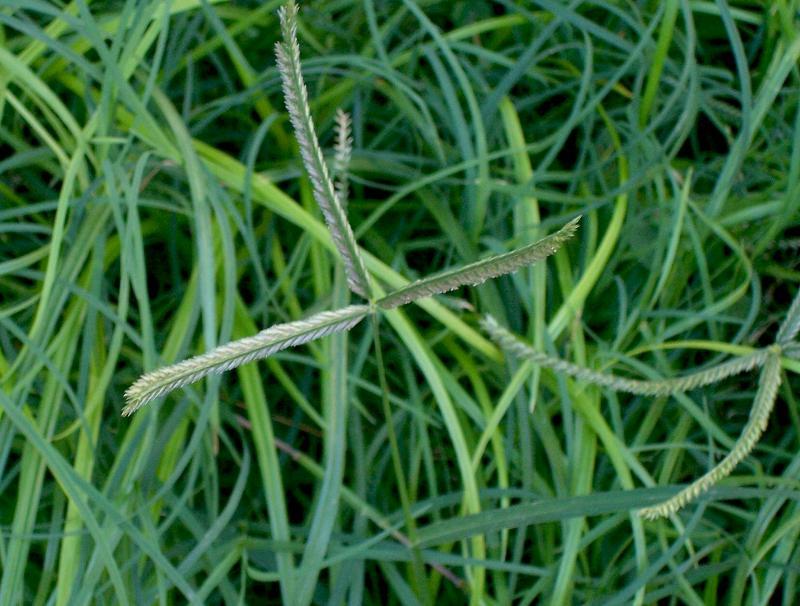WIPO Magazine - August 2015

By Catherine Jewell, Communications Division, WIPO
Tanzania is one of the poorest countries in the world, and like many countries in Africa, it faces acute water shortages. Although it borders three of Africa’s Great Lakes, many people, especially in remote rural areas, lack access to safe drinking water. All too often, both surface water and groundwater sources are contaminated with toxic heavy metals, bacteria, viruses and other pollutants from mining, industrial effluent and poor sewage systems. But there is hope. A local chemical engineer, Dr. Askwar Hilonga, has developed a low-cost customizable water filtration system that promises to transform the lives of many Africans.
His aim: to improve access to safe drinking water and to reduce the number of lives lost to waterborne diseases. (Photos: Dr. Askwar Hilonga)
Dr. Hilonga who lectures at the Nelson Mandela African Institution of Science and Technology, recently won the first Africa Prize for Engineering Innovation from the UK’s Royal Academy of Engineering. The prize of GBP25,000 (TZS79 million) seeks to encourage talented engineers in sub-Saharan Africa to find solutions to local challenges and develop them into businesses. Dr. Hilonga explains the significance of his invention and shares his aspirations for the future.
What inspired you to develop your water filter system?
The huge need in my community. I grew up in a very remote village in Tanzania and saw with my own eyes the suffering caused by waterborne diseases. Having obtained my PhD and published widely on nanomaterials, I asked myself what it all meant. At that point, I decided to apply my knowledge of nanomaterials to solve this problem in my community. That is how I come up with my Nanofilter®.
Who is it for?
Anyone can use the filter, but I am targeting rural areas in particular, because of their desperate need. In Tanzania today, out of every ten children who die, nine die from waterborne diseases. This is a huge challenge for the country as a whole, but the greatest need is in rural areas.
How does it work?
Slow sand filters have been used in water purification for over a hundred years. While they are effective in removing bacteria and some microorganisms from water – which is what I use them for – they cannot remove heavy metals, such as copper, fluoride, or other chemical contaminants. My patented filtration system combines a slow sand filter with a combination of nanomaterials made from sodium silicate and silver to eliminate toxic heavy metals. Water first passes through the sand and then through the nanomaterials. Whereas other water filters on the market offer a “one-size-fits–all” solution, the Nanofilter® can be calibrated to target and eliminate contaminants that are specific to a particular geographic region.
How much does a filter cost?
A filter costs USD130 (around TZS284000). While we do sell them directly to households, there are many who cannot afford to buy them, so we are also working with local entrepreneurs to establish water stations. At present we are renting the filters to around 23 entrepreneurs who filter the water and sell it to their communities at a very affordable price. After 800 liters of water have been filtered, the nanomaterials generally need to replaced, although this varies in accordance with local water quality. For a household, this means the nanomaterials need to be changed every three months or so at a cost of around USD5. It’s very cheap. In addition to the filter itself, our company, Gongali Model Company, a university spin-off, which now employs five people, including myself, makes and sells these nanomaterials. But we are not just selling products we are providing a convenient service which includes water quality profiling and water testing.
If we can solve our problems in Africa, we will create employment opportunities and wealth.
Full article
https://www.wipo.int/wipo_magazine/en/2015/04/article_0005.html
Tarikh Input: 01/02/2024 | Kemaskini: 01/02/2024 | wannuryani
PERKONGSIAN MEDIA

























